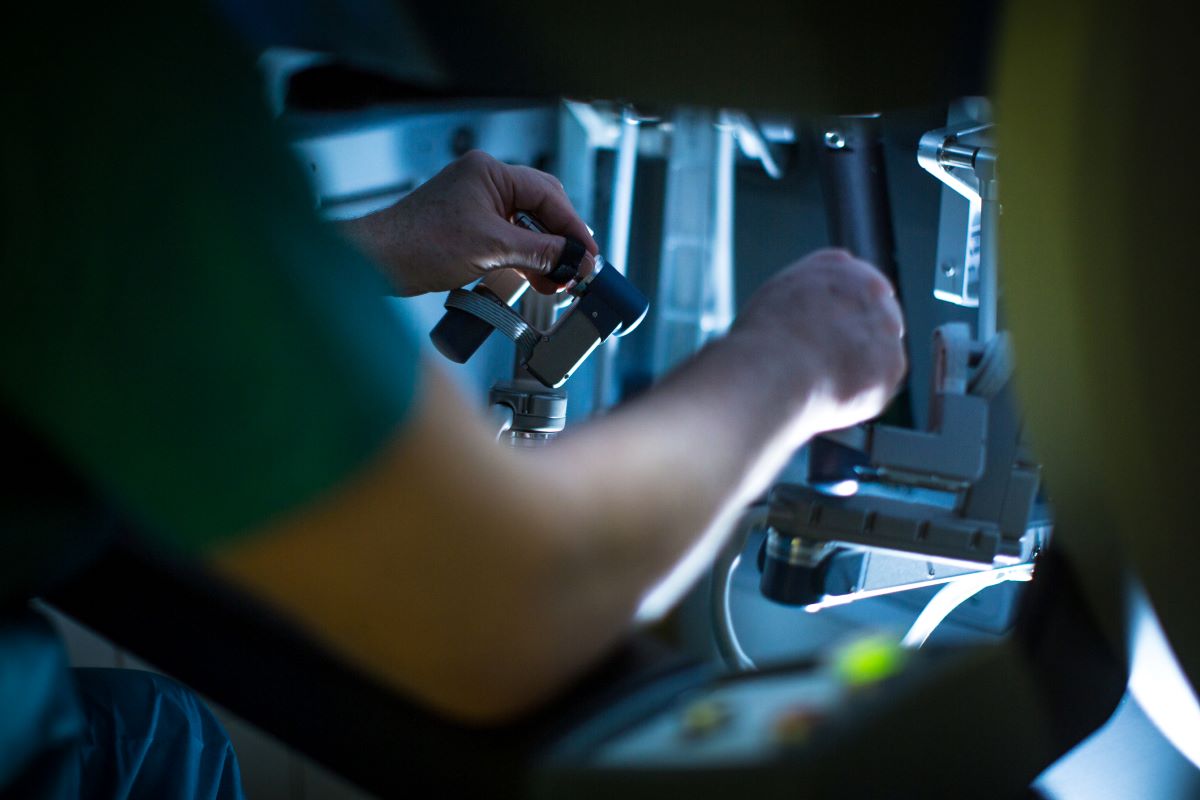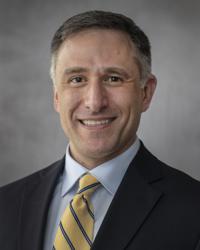
Lung cancer is the No. 1 cause of cancer-related death in the United States and is a very scary diagnosis. The great news is that we are in the midst of an exciting era in lung cancer treatment and Northside is perfectly positioned to take advantage of these new developments in three important areas: lung cancer screening, surgical technologies and special targeted therapies.
It is well-established that cigarette smoking is the No. 1 risk factor for developing lung cancer. In addition to smoking cessation, lung cancer physicians had no way to help increase survival for this deadly disease — that is until the publishing of the landmark National Lung Cancer Screening Trial, which was first published in the New England Journal of Medicine online in April 2011. The trial showed that for patients at high risk, current smokers and those who quit within the last 20 years, a low-dose CT chest led to a 20% reduction in the risk of dying from lung cancer. The screening criteria have since been broadened to include patients with less tobacco exposure. The result is more cancers are being diagnosed early enough to give patients a shot at a cure … with surgery.
Surgery has always been considered to be the best chance a patient has to be cured of lung cancer. For patients who are fit for surgery, the 5-year survival rate after surgery for stage 1A lung cancer is as high as 80% in some studies. With minimally invasive techniques and improving technology, lung cancer surgery is less painful and safe. At Northside Hospital, >95% of the lung cancer surgeries we do are performed using a surgical robot. The surgery is still done with small holes, a camera and long instruments, but the precision and visualization afforded by the robot means great lymph node yield and less surgical trauma. The technology is also making it easier to remove less lung tissue and still provide the survival benefit of larger resections which will make surgery an option for more patients who would not have been candidates for lung surgery in the past due to reduced lung function. In other words, we are able to offer safe surgery to more patients with potentially better oncological outcomes and a quicker return to regular activities than in the past.
Perhaps the most exciting developments in lung cancer treatment involve patients with more advanced diseases. By studying the molecular genetics of lung cancer cells, researchers have developed drugs that target specific mutations present in some tumor cells and have even developed ways to make our own immune systems kill cancer cells. Using these newer therapies, patient survival is increasing dramatically. More recently, a landmark study showed that in certain patients, combining immunotherapy with traditional chemotherapy and surgery led to complete eradication of cancer cells in almost 25% of the patients and significantly reduced cancer burden in much of the rest.
The speed with which lung cancer treatment is developing requires a dedicated team to weigh the options and develop the best-individualized treatment plans for each patient. This is where the Northside Hospital Cancer Institute Lung Cancer Program excels. The lung cancer team includes thoracic surgeons, pulmonologists, radiologists, radiation oncologists, medical oncologists and pathologists with the support of genetic counselors, research specialists and clinical navigators from across the entire health system. These vast resources are brought together weekly in a meeting to seek a wide variety of input to come up with comprehensive treatment plans for individual cases.
In conclusion, if you choose to receive your lung cancer treatment at Northside, you can be confident that your treatment plan takes into account the latest advancements in lung cancer, includes input from every possible facet of thoracic oncology care and has been uniquely tailored to your individual needs.
Learn more about lung cancer treatment at Northside Hospital Cancer Institute.

